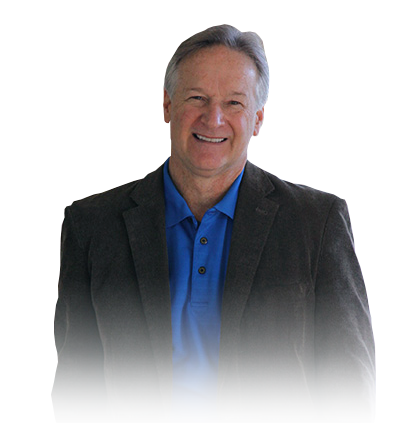“Passage at Delphi provides an unusual blend of history and adventure
thriller that juxtaposes past and present worlds and connects three very
different places and times in one story. It opens in Delphi, Greece in 2011
with Apollo’s re-entry into a world that no longer recognizes Greek gods,
telling of his decision to journey to the Americas to “. seek out allies to
train, allies chosen in the Book of Histories, to see if they could pass his
crucible of survival. After all, heroes do the work of the gods.” But a
battle between gods thwarts his mission, injecting injustice and agony into
the mix.
With that introduction (provided in just a few pages), readers then move to
2011 San Diego, where Professor Lauren Burns is substitute teaching her
husband’s class when she’s attacked by a student. Even as she successfully
fights off her aggressor, her husband (who is at home recovering from tooth
issues) experiences strange dreams about ancient Greece. His tenure at the
university could be helped by his involvement in an evolving new
archaeological discovery in Greece: the only problem is, he’s already
promised Lauren they will stay home this summer and focus on the one thing
that has become her obsession: having children.
Zack faces a dilemma between career and family interests that reflects many
conflicts in American modern society: “How could he get Lauren onboard for
Greece? Whatever happened to their marriage being a democracy, two people
choosing their future together? More and more, as she intensified the
pressure to have children, their household democracy seemed to be as
endangered as it was nationwide – with all hell about to break loose, an
anarchy and chaos within their walls that would rip the fabric of their love
apart. Just as, on a larger scale, once great civilizations tumbled. Like
Ancient Greece.”
As events unfold to immerse Zack and Lauren in both ancient and modern
worlds, readers are immersed in a story line that at first seems simple but
quickly evolves to become a complex mystery centered around historical
events and ongoing challenges to freedoms both personal and political.
The Greeks created democracy and fostered a feeling of this idea through
structure and order: as Zack and Lauren find their lives ever more entwined
in past principles and issues, they find not only their marriage in
jeopardy, but the fate of the world itself. They also find that the Greek
gods are only too alive and well, affecting their modern world even as they
changed the course of human affairs so long ago in ancient Greece.
When Zack has visions of a major catastrophe only he can avert, he tries to
protect Lauren while exploring the limits of his vision even as the
characters of ancient Greece (including a very confused young girl,
Cassandra) enter their world and become absorbed in their lives and causes.
Many of the landscapes in Passage at Delphi are so intricately described
that readers enjoy a “you are there” feel as they absorb Lauren’s
adventures, contrasting past and present worlds and providing vivid
associations between the two: “Lauren walked to the window, dragging a
wooden comb through the snarls of her long hair. The breeze ruffled the
tapestries behind her, working like an electric dryer. By the open window,
she saw the Argolid Plain below the citadel, along with distant farms and
fields. Roads led from the city in every direction. Olive groves and
vineyards dotted the landscape, the blue ocean to her left.”
And when Lauren finds herself in 480 BCE Greece facing the real possibility
that Zack is dead, she must confront all her dreams, nightmares, and
realities and how they exist on levels of possibility she never imagined
possible.
Passage at Delphi is no easy adventure thriller, but an intricate weaving of
fantasy and adventure that traverses times, places, and mythology. Here the
Greek gods are real, and here Lauren and Zack prove pivotal characters with
the power to affect humanity’s future.
In the struggle for survival, what will be extinguished and what will
survive? And can the present be changed by forces from the future?
In presenting action spread out over three different times and characters
that intersect, Passage at Delphi could prove confusing. That it, instead,
creates a fast-paced and challenging story line that places readers at the
crux of understanding choices and their wide-reaching consequences makes it
a force to be reckoned with: a novel that involves even the most experienced
reader of historical fiction, mythology fantasy, and adventure.”
Midwest Book Review – Diane Donovan
